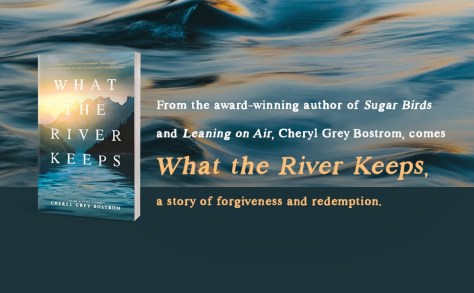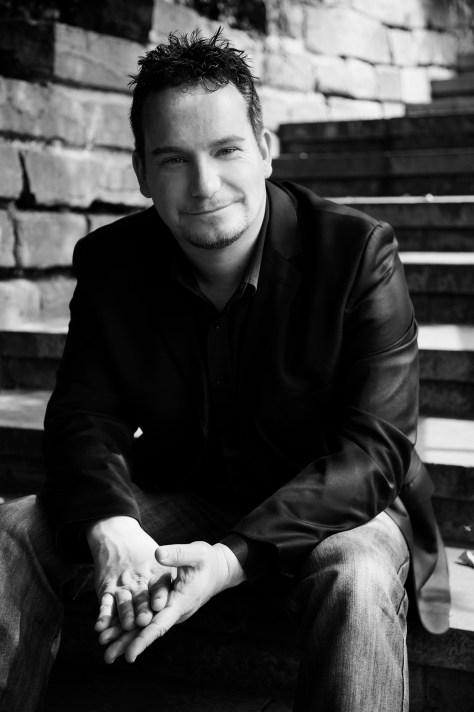Every now and again I like to read a non fiction book, and “Marie Conner, A Leading Lady” by author Elle Mott . It is a true story about a lady who showed true community spirit and dedication; it’s a story about how American society has evolved through the 20th century; and Marie lived in an era when women were expected to stay at home and not go out to work, for example, and yet Marie was a strong female character who was not one for staying at home, twiddling her thumbs. It gives me great pleasure to be part of Elle’s book tour, but before I chat to Elle about this incredible woman (who happened to be Elle’s maternal great-grandmother) , here’s a quick summary of “Marie Conner, A Leading Lady”:

BOOK SUMMARY
Marie was born a girl. That was only her first mistake, according to her father.
In an era when daughters and wives are not supposed to be concerned with matters outside the home, Marie is determined to prove him wrong. To do this, she must break down barriers placed on women in society, overcome difficulties that befall her, surpass hardships from the Great Depression, and then face an inevitable relocation.
Marie steps into her community and into the hearts of many people to give her time and help with their needs. She wants nothing in return other than her father’s acceptance as a worthy woman and yet, she gains much in return, even if it is not her father’s praise. This is Marie’s story—of a rise from her girlhood angsts to become a leading lady—and much more.
THE INTERVIEW

A big warm welcome to the blog, Elle .👋 Please tell us a bit about yourself. 😊
Hello, I’m Elle (three letters in my name are silent but I am anything but silent in bringing you this historical biography: Marie Conner, A Leading Lady). Some people call me the “bird-lady.” Not only do I feed the birds outside when on my breaks at work, but I have several pet birds (and two cats). Some people call me the “blue-haired lady.” My bangs are blue while the rest of my hair has gone gray. Some people call me “the writer” and some people call me “the author.”
Who or what inspired you to write the biography “Marie Conner: A Leading Lady”?
Inspiration for Marie Conner, A Leading Lady came from my memoir, Out of Chaos, in which my remembrance of her gave me strength to make peace with my mistakes and to overcome difficulties. I had been on the verge of adulthood, and she, much older, when she had imparted words of wisdom to me. With my memoir published, and she, long gone, I questioned why my strength had come from her. That answer involved research. Marie, who was once my matriarch, was next a great muse for me as I peeled back the layers of a woman, who, as I came to find out, had lived a truly remarkable life. As in awe as I was, I knew I had to share her story.
Your book highlighted the strong character of Marie, her dedication to her fellow citizens and her community spirit; when she lived in an era where women were expected to stay at home and concentrate on running her family. I was particularly impressed with her newspaper column and how through that she helped those community members who were in particular need. What did you particularly admire about Marie?
The spunkiness and can-do spirit in Marie is what I especially admire. If something needed to be done in her community, she did it—or in her rare moments of not shining with perfection, she surely tried rather than to sit still in doing nothing. Marie was an ordinary woman who did extraordinary things to change her community for the better and forevermore.

Researching for your book must have been quite interesting… did you discover anything that shocked you or uncover some nugget of information that was unexpected?
I thought I had known my matriarch, Marie. She was the all-wise one and had shared so very much about herself with me. Yet, and when in the early stages of research where I perused documents in genealogy repositories, I turned pages if only out of curiosity only to discover something concerning her marriage—something she had never revealed to me, that I remember. That there is a spoiler though and one for you to read about in the conclusion of Chapter 2. This “something” that I discovered caused me to flesh out that part of her story, worthy of inclusion.
Hypothetically speaking, if “Marie Conner, A Leading Lady” was made into a film, who would you love to see portraying Marie Conner?
Thinking of Marie in her golden years, reflecting on all that is shared in her biography, Helen Mirren would be a fine choice to portray her.

Growing up, did you always want a career in writing, or did you have completely different career aspirations?
I’ll admit that teachers noticed my creative approach to what was supposed to be facts-only-essays. But, no, a career in writing was not on my mind when growing up. My author life came as an adult and when people told me to write my story, and from that, my first book, my memoir was published. And as you know, my memoir inspired this book. That’s my writing journey—I write because people want me to write and out of that, I have a gained passion to keep writing.
Is “Marie Conner: A Leading Lady” available to purchase worldwide?
As of February 11, 2026, its paperback and ebook is available on Amazon worldwide. Shortly thereafter, readers can also find it on B&N.com, bookshop.org, Powell’s Books, and even online at Walmart.
If you’d like your local bookstore to carry it, then if you give them the ISBN, they can have your order fulfilled by Ingram. You can also ask your neighborhood library to get it—the copyright page has a cataloging-in-publication data block to ensure their smooth acquisition.
Are you a bookworm yourself? If so, what genres (or authors) do you usually like to read? And are you a kindle or “proper book” fan?
I’m not so much of a bookworm, per se, but yes, I like to read. I find that historical books—both nonfiction and novels—are invaluable in that history shows we have the power to create a better tomorrow. One author I keep coming back to is Paulette Mahurin—she has many novels to choose from, and in each, with strong characters from the past. Recently, I read a book by another author, Dede Montgomery: A Map of Her Own is a dual-timeline novel—now that was both interesting and quite good.
At home, I have my kindle bookmarked on my computer for my ever-growing ebook shelf. Whereas, when out and about, such as on my breaks at work, I am, for sure, a “proper book” fan.

Personal now – what outfits and shoes would you normally be found wearing?
When I was a little girl, my matriarch, Marie, made sure I was in a dress and often times, carrying a matching parasol. Today, being winter, it is J.Crew corduroy pants paired with a turtleneck t-shirt and boots. Summertime will bring knee length shorts and skirts. Between now and then, its Levi’s. No longer a little girl, cords and jeans are just fine so long as I pull the look together in a way that shows I care.
Do you have any favourite shops or online sites ?
Marie felt that we should give attention to our appearance, and that how we present ourselves shows who we are. With that in mind, I wear quality clothing and shoes. Marc Nolan is my go-to shoe store for both boots and Mary Janes: I need quality shoes to withstand my work week. Summertime finds me in colorful silk skirts or in casual Volcom shorts.
What’s next on your clothes/shoe wish list?
Maybe another pair of Mary Janes?
Boots or Shoes? ( & Why?)
Today, its winter boots that zip up. Come warmer weather, it will be Mary Janes that buckle. I don’t do shoelaces. I hate keeping up on shoelaces that are prone to coming untied, that, plus shoes with shoelaces give an outfit an unpolished look. If Marie could pull her look together to show her beauty, so can I.
Links you would like to share e.g. website/facebook etc
BOOK TOUR DATES

My thanks to Elle for inviting me onto her book tour, for chatting to me, for the review copy of her fabulous book and for sharing an interest in delving into our past.
Linda x
All photographs have been published with the kind permission of Elle Mott.


 Follow
Follow






















































